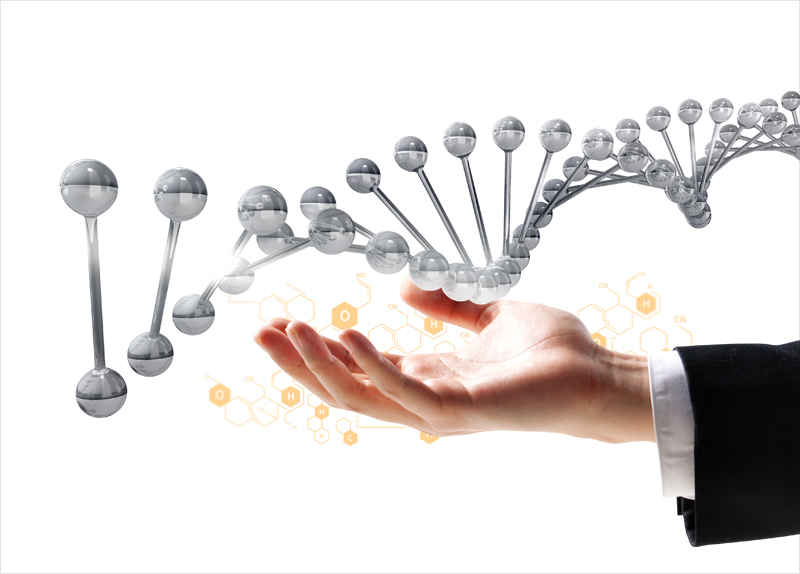
Authorities in the United Kingdom have approved the use of new technology to genetically modify human embryos. On Feb. 1, the Human Fertilization and Embryology Authority (HFEA) regulator gave Kathy Niakan, a stem cell scientist, the green light to use the controversial DNA editing procedure, known as CRISPR, for research purposes.
Niakan aims to find the specific genes involved in the early stages of human fertilization. Her proposed research is vital for understanding how human embryos develop. She hopes to use this information to better understand why women suffer from miscarriages and ultimately provide solutions for infertility.
Given the sensitivity of the matter, Niakan was granted a period of two weeks to conduct her work and is not allowed to implant the modified embryos for birth. However, many of Niakan’s colleagues have expressed delight with the landmark decision. “The ruling by the HFEA is a triumph for common sense,” said Prof. Darren Griffin at the University of Kent. “It is clear that the potential benefits of the work proposed far outweigh the foreseen risks.”
CRISPR, developed three years ago, is a tool powerful enough to precisely insert and remove specific traits. It has already been used successfully on animals, such as pigs and monkeys. Many critics who question the ethics behind this procedure believe that this will eventually lead to eugenics - the act of introducing desirable genes into the human population. Some researchers believe that the public will have access to CRISPR in the near future, making it possible to customize our children to our heart’s content.